Today, we begin another of our Research Support Partnerships (RSPs), this time with a school in Tokyo.
There is something both exciting and daunting about working with any group of teachers to develop their research engagement and use: the acts of identifying research relevant to need, appraising its quality, designing evidence-based interventions and evaluating impact using robust study designs are all laden with challenge. But what a challenge!
The excitement generally comes in the form of a refreshed professional discovery for RSP participants. Rarely are teachers and leaders in a position with sufficient time, resource and external expertise to reflect deeply on the choices they make with a sense of disciplined inquiry, so taking time to question the what, the why and the how of school decision can be a liberating, constructive and energising experience. At the end of the process, participants have acquired new skills and knowledge, and have a network of colleagues on which to draw over time.
But what of the daunting part?
A key element of my role in the delivery of EBE’s Research Support Partnership programmes is to help people navigate the ‘troublesome knowledge’ (as Ray Land and others have called it) created by challenging existing beliefs and knowledge. I’ve learned that this has to be done delicately, but with consistent challenge: once someone has started to walk through the ‘liminal space’ and ‘cross the threshold’[1] towards new knowledge and understanding, they must keep going in order to reassemble the fragments of understanding in a new way. In essence, I begin to pull the rug out from under people, but they pull it out the rest of the way; after that, a new rug is needed and its made together with colleagues.
At the core of EBE’s Research Support Partnership is a highly creative and demanding process for the teachers and leaders involved. As we guide them to discover, understand and interpret new ideas, they must remake their own ideas and beliefs in the context of their own school. No longer is it good enough simply to take on trust that something which is claimed to ‘work’ somewhere else (another place, another time) would work in a school’s current context. No longer is it good enough simply to ask ‘What works?’ and then copy in situ. No longer is it good enough to not know the impact of decisions made which are likely to have an impact on student learning. Because it is possible to use good research evidence to guide decision-making, and evaluate the impact of these decisions more rigorously than ever before, an implicit duty emerges: if we can use the ‘best bets’ of research evidence to guide our actions, and can use evaluation techniques to understand the impact of such actions, surely we are duty-bound to do so.
So today, here in Tokyo, we begin a new Research Support Partnership. Rugs will be flying everywhere.
***
[1] Ray Land has written a huge amount on the subjects of threshold concepts, liminality and troublesome knowledge and, in doing so, has given me and others a language to describe a complex cognitive change process. Moreover, Ray is a great guy who is always keen to engage in thought-provoking discussion.




